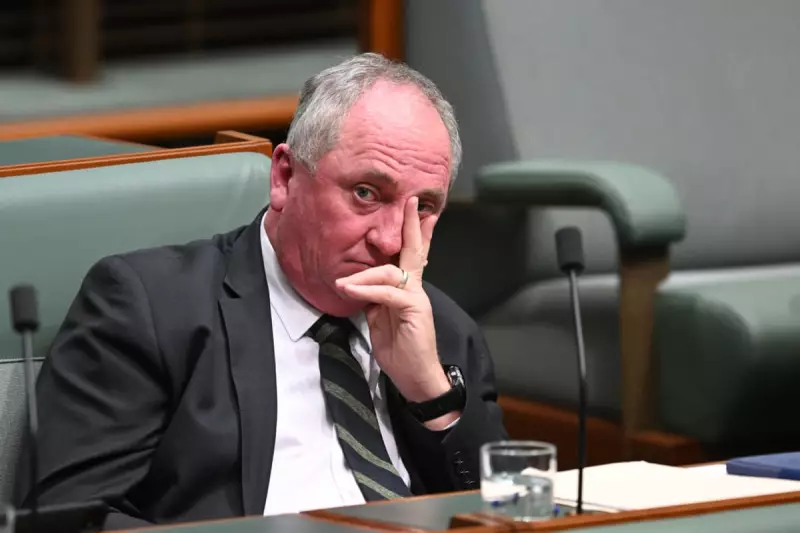
In a dramatic display of internal conflict, former deputy prime minister Barnaby Joyce stormed out of a shadow cabinet meeting on Monday after fellow Nationals MP Keith Pitt launched a fierce attack on the party's net zero by 2050 policy.
The explosive confrontation occurred during a meeting where Joyce was reportedly attempting to rehash arguments against the climate commitment that the Nationals reluctantly agreed to under the previous Morrison government.
Coalition Unity Shatters Over Climate Policy
Sources within the meeting revealed that tensions reached boiling point when Pitt, the former resources minister, delivered what was described as a "brutal" takedown of Joyce's position. Pitt reportedly told his colleague in no uncertain terms that the net zero debate was "over" and that continuing to fight it was damaging both the Nationals and the broader Coalition.
The confrontation highlights the ongoing struggle within conservative Australian politics to find common ground on climate and energy policy. Despite the Nationals officially agreeing to the net zero target nearly four years ago, deep-seated resistance remains among some quarters of the party.
Fallout from Leadership Spill Continues
This latest incident comes just weeks after David Littleproud replaced Joyce as Nationals leader following a spill motion. Joyce's continued attempts to revisit the net zero commitment appear to be testing the patience of his colleagues who are keen to present a united front.
Political analysts suggest the very public disagreement could have significant implications for Opposition Leader Peter Dutton's ability to maintain cohesion within the Coalition partnership. With climate policy remaining one of the most divisive issues in Australian politics, managing these internal tensions will be crucial for the Coalition's electoral prospects.
The walkout represents more than just a personal disagreement between two politicians—it signals the ongoing battle within conservative politics about how to address climate change while representing traditional resource-based constituencies.





